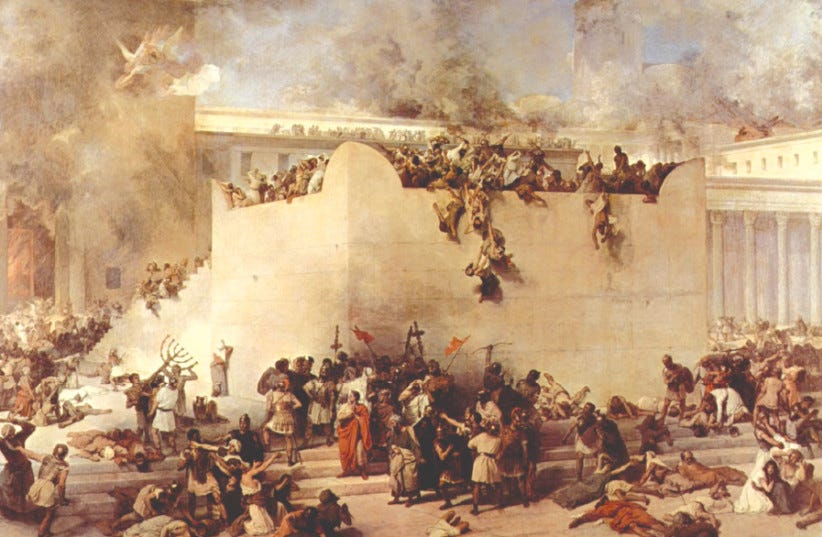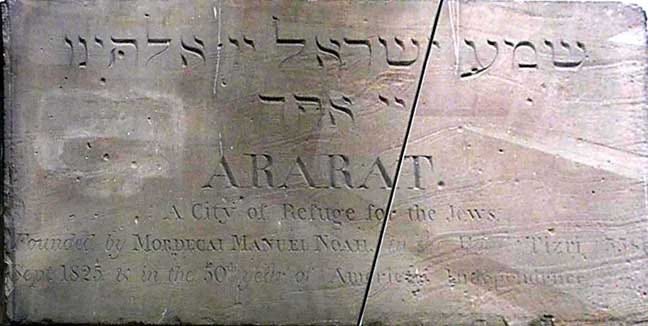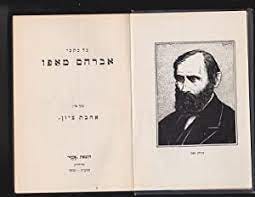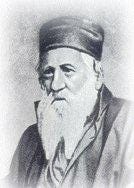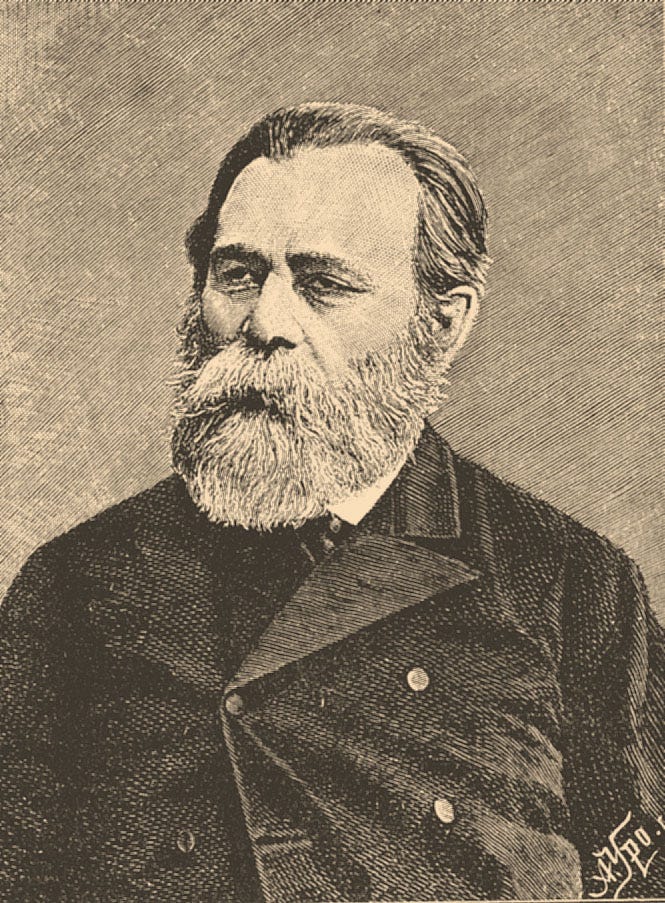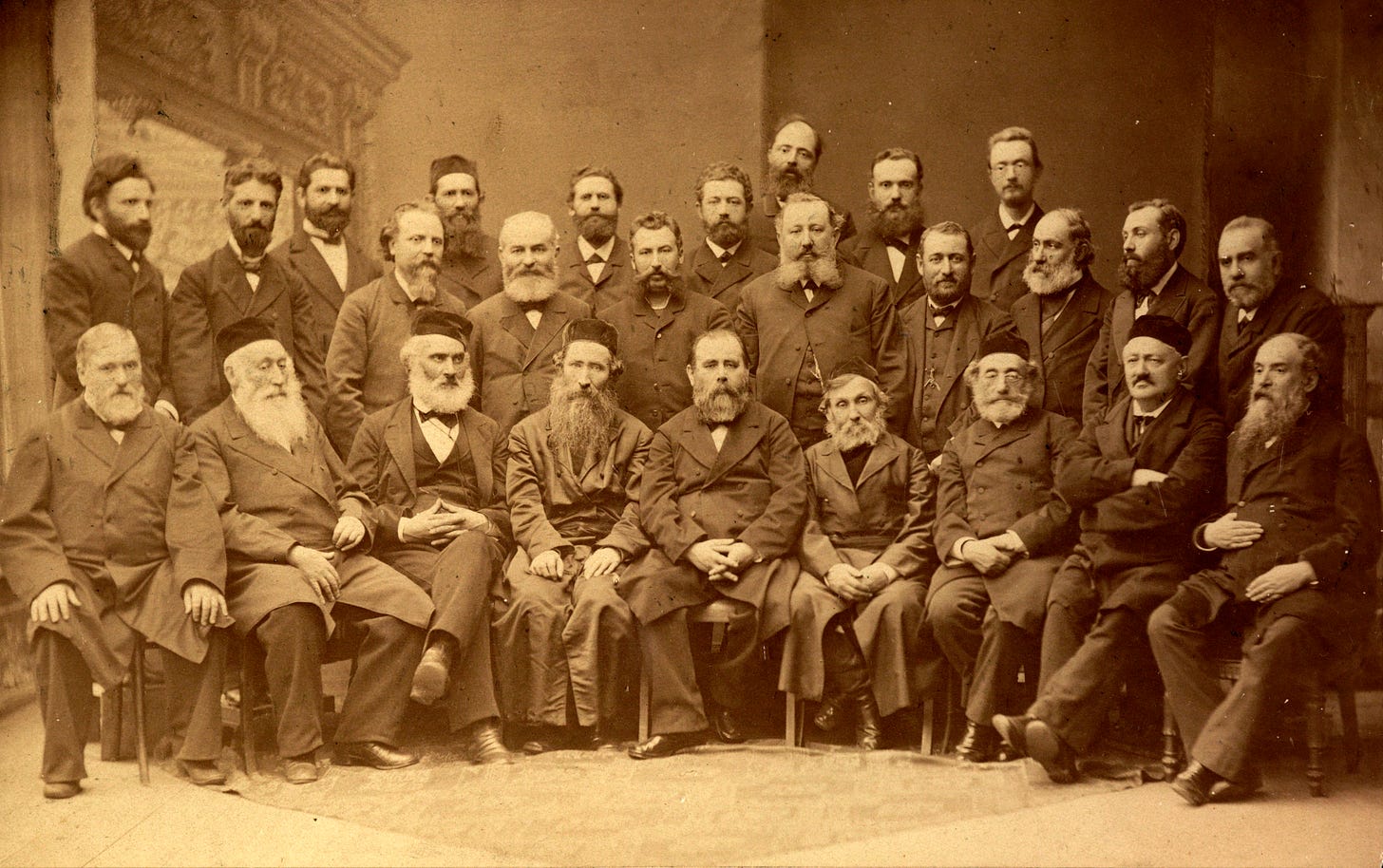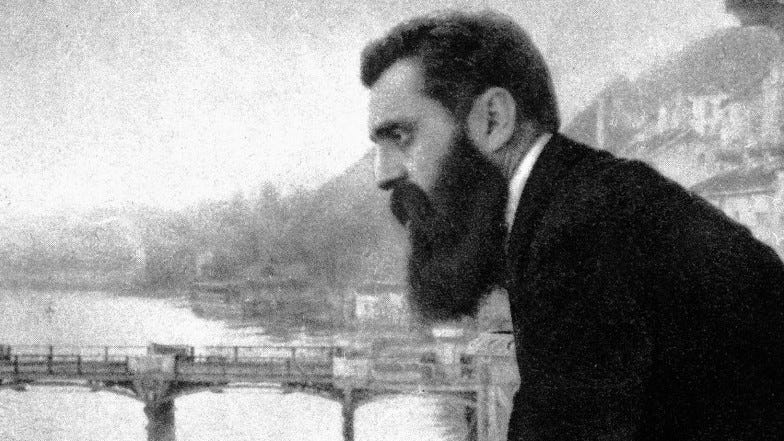A good person is invincible, for they don’t rush into contests in which they aren’t the strongest. If you want their property, take it – take also their staff, profession, and body. But you will never compel what they set out for, nor trap them in what they would avoid. For the only contest the good person enters is that of their own reasoned choice. How can such a person not be invincible?
Epictetus, Discourses, 3.6.5 – 7
Choosing your battles
Epictetus was a writer and founder of the stoic school of philosophy. At its core, stoicism is a way of accepting the world for what it is, and understanding our own nature and acting in accordance with it. Stoic philosophers and followers don’t hope that events will turn out in a specific way, but rather welcome events as they are, and adjust their reactions and expectations accordingly. They ask the question, “Is this something in my control?” and respond.
Epictetus noted that “the only contest the good person enters is that of his own reasoned choice.” Ryan Holiday, today one of the foremost stoic thinkers, writes that this amounts to “choosing your battles”, thinking through when to go to battle or act on a laboured decision. Holiday writes that choosing your battles is neither weak nor calculating, since it only makes sense to take the first step once you have determined how that step will minimize injury or the chance of failure.
The History of Looking East
Zionism was, is, and continues to be, a reasoned choice.
For the entirety of recorded history, Jews have looked towards the Land of Israel. Abraham was directed by God to lech lecha – go forth – to the land that he would be shown. There, when his wife Sarah died, he purchased property – a cave – in which to bury her. In so doing, he formalized the Jewish ownership of at least part of the land of Israel. There, the Jewish people became a nation.
King Solomon built the First Temple in Jerusalem. Hundreds of years later, as the displaced Jewish people mourned the loss of their Temple and homeland by the rivers of Babylon, they turned their heads, and their hearts, back to their Promised Land. They soon rebuilt their Temple in Jerusalem, completed their Torah, and ensured that Jerusalem, and the Land of Israel, remained central to their religious, cultural, and community practices.
After the destruction of the Second Temple, the Jews were largely exiled from their land. But even abroad, they never forgot where they came from. Oppressed, victimized, and lost, the sparse Jewish community spread throughout the globe. However, whether they were weak or strong, they always looked East. They warned against forgetting Jerusalem, never stopped praying for “Next year in Jerusalem,” and Zion – whether the physical place or the idea – was always inscribed in their practices.
The Idealistic 19th Century
It took 1,900 years however, for the Jewish people to finally decide that an idea for return, could become a plan for return. In the 19th century, both Jews and non-Jews began to turn their minds to the reconstitution of a sovereign Jewish State:
Mordechai Manuel Noah believed that state should be near Niagara Falls, and tried to found a Jewish homeland, Ararat, on Grand Island, New York in 1821. The Jewish State could have been an hour drive from Toronto;
In 1853, Avraham Mapu wrote the first modern Hebrew novel (Ahavat Zion), which described a viable Jewish homeland in Palestine;
In 1857, Rabbi Yehuda Alkalai, a prominent Sephardi rabbi, advocated for the Jews to return to Palestine, and renew the glory of Jerusalem (Herzl’s grandfather, Simon Loeb Herzl, attended Rabbi Alkalai’s services);
In 1862, Moses Hess penned “Rome and Jerusalem”, in which he argued for the Jews to return to Palestine. That same year, Rabbi Tzvi Hirsch Kalischer wrote Drishat Zion, similarly encouraging immigration of Jews;
In 1882, the first modern Zionist movement was given life by Leo Pinsker, after his pamphlet “Auto-Emancipation” was published. With the keen understanding that no one would help the Jews in the Diaspora, he argued that Jews needed to emancipate themselves, and reconstitute a homeland in Palestine. His writings gave birth to the Hovevei Zion or “Lovers of Zion”, who would encourage the immigration of first aliya Jews to Palestine;
In 1884, the Hovevei Zion held the first public meeting of Zionists, the Katowice Conference, in what is today Poland. The followers of Hovevei Zion made up the majority of the immigrants of the First Aliya; and
In 1891, a petition called the Blackstone Memorial, was signed by 431 Americans, including John D. Rockefeller, William McKinley, J.P. Morgan, and other American luminaries, including support from the New York Times and the Washington Post. It was presented to President Benjamin Harrison, and sought the return of the Jewish people to their homeland in Palestine in response to pogroms targeting Jews in Russia. This was a move prompted by non-Jews, seeking what they perceived to be the quest of Jewish self-determination in their promised land.
Until 1895, these disparate plans were little more than dreams. Though purposeful and genuine, they lacked a catalyst that would set the Jewish soul aflame. That spark was lit almost 126 years ago.
The First Zionist Congress
The battle that led to the establishment of Israel began on August 29, 1897, in Basel, Switzerland. Leading the charge was Theodore Herzl, a writer, a playwright, and an advocate for Europe’s Jews. Though not a practicing Jew (he was in fact highly assimilated), Herzl was a keen observer of European antisemitism. A workaholic and a dreamer, Herzl realized that the only way the Jews of Europe and Russia could free themselves was to establish a sovereign state in Palestine, or the Land of Israel.
In a matter of months, recognizing that the weight of history would indeed be on his shoulders, he convened the First Zionist Congress. On the banks of the Rhine River, he charged into battle. Armed with an idea, his wit, and clad in his white-tie armour, Herzl changed the destiny of the Jewish people. In Basel, he founded the Jewish State.
126 years ago, Herzl determined that the time was right for Jews to turn ideas into action. He was the ultimate stoic. He did not hope, but rather welcomed certain conditions and sought to work within them. He set an idea in motion that 50 years later resulted in the establishment of the State of Israel.
The Invincibility of an Idea
In 1897, Herzl’s critics lamented what they believed to be a fool’s errand. They thought the proposed gathering-in of the exiles, and the establishment of a sovereign Jewish state would take away that “something” that kept the Jews alive, in exile, for two millennia.
Epictetus writes however that when one uses reasoned choice, “How can such a person not be invincible?” Epictetus and Herzl have both been proven right.
Yes, the darkest days of Jewish history were still ahead in 1897, but the Jewish people survived. We then thrived. The early days of Israel’s establishment were miraculous. Our army fought off seven Arab forces, welcomed in hundreds of thousands of Jewish refugees, established the mechanisms of a state, created a liberal democracy in the Middle East, joined the United Nations (for better or for worse), and set the gears in motion for what would become a powerhouse in the community of nations.
In 75 years, Israel has proven itself, against the odds, again and again. Yes, it is a state like any other, and is subject to the pitfalls of realpolitik and democracy, but if you are willing to think beyond the zeitgeist, you will see a remarkable achievement that still has its greatest days ahead.
Today, “#Zionism” trends on Twitter more often than it should. Israel has had many ups and downs, and is the focal point of the world at times, often trying to bring it to its knees, but it remains a remarkable achievement. The protests on the streets of Israel today demonstrate the strength and resilience of the Israeli people, and the project who’s 75th birthday we today mark. The passion with which the Canadian Jewish community marks this holiday is also impressive and demonstrates the role that Israel plays in our lives and in our collection Jewish community as well.
If one were to look over the balcony of the Three Kings Hotel today, where Herzl stayed during the First Zionist Congress 126 years ago, they would see a world today beyond the Rhine very different than it was then, on account of the mission that Herzl conceived in that same place.
The Battle Continues
The ongoing battle for Zionism ought to serve as a reminder for where we are, and where we are going. It should remind those Jews who are shirking from the fight for Zionism both how and why this movement has lasted so long, with such promise. The Jewish State plays, and will continue to play, an important role in Jewish life worldwide.
I urge you to be motivated by the spirit of the past and the better impulses of our present. The battle that started 126 years ago, continues to rage today. This includes in protests on the streets of Tel Aviv, on the front lines of the battle for Israel in the Diaspora here in Toronto, and online where we fight an uphill battle for the truth as it is.
We must arm ourselves with knowledge, reason, judgment, and a core belief in the merit of our position. Zionism saves lives and guarantees the Jewish future. It is a principle worth defending, a battle worth waging, and arm-in-arm, we commit to honouring the memory of the past with the mission of our future.
Chag Atzmaut Sameach!! חג עצמאות שמח





